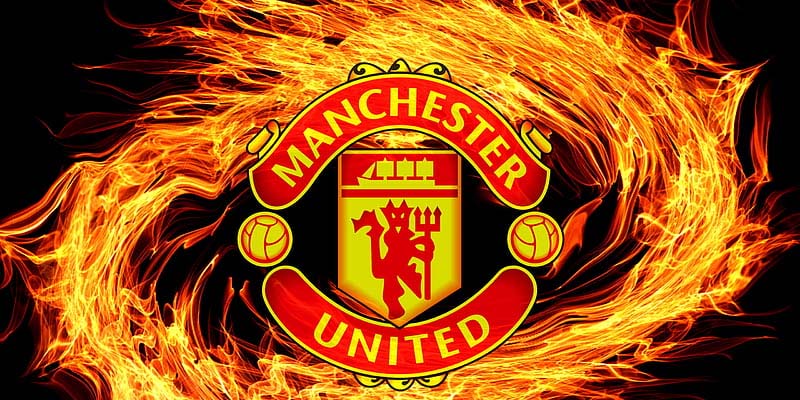The Manchester United Football Club is not just a name; it is an institution that has transcended the boundaries of sport to become a significant cultural phenomenon. Known for its passionate fan base, illustrious history, and remarkable achievements, the club continues to inspire football lovers around the world. From its humble beginnings to becoming one of the most commercially successful sports organizations globally, Manchester United stands as a testament to bet888 resilience and excellence in the face of challenges.
Introduction to Manchester United
When we talk about football clubs that have left a lasting mark on the sport, it’s impossible to overlook the Manchester United Football Club. Founded in 1878, originally as Newton Heath LYR Football Club, it underwent several transformations before adopting its current name in 1902. Over the years, Manchester United has become synonymous with thrilling football, legendary players, and unforgettable moments that have etched their names into the annals of sports history.
As we delve deeper into the journey of this iconic club, we will explore its history, key achievements, recent progress, and the significance it holds within the Premier League. Additionally, we will analyze the unwavering relationship between the team and its fans, which plays a pivotal role in shaping the identity of Manchester United.
History and Development of the Club
The roots of the Manchester United Football Club can be traced back to the late 19th century, a time when football was still in its infancy. The club’s rebranding from Newton Heath to Manchester United marked a crucial turning point in its history. This period was characterized by financial struggles and near bankruptcy, but thanks to the efforts of local brewery owner John Henry Davies, the club managed to stabilize its finances and set the foundation for future success.
After establishing itself in the English Football League, Manchester United began climbing the ranks, achieving notable successes in the inter-war years. Under the management of legends such as Sir Matt Busby, the club transformed into a force to be reckoned with, culminating in the tragic Munich air disaster of 1958, which claimed the lives of eight players. The aftermath of this tragedy galvanized the remaining squad and the club as a whole, leading to a remarkable resurgence that saw them win the European Cup in 1968, marking the first British club to do so.
This era is often viewed as the golden age of Manchester United, where players like George Best, Bobby Charlton, and Denis Law became household names. These legends not only brought glory to the club but also helped shape its identity, emphasizing attacking football and fostering a spirit of determination and camaraderie.
As we moved into the modern era, the appointment of Sir Alex Ferguson in 1986 marked the beginning of another chapter in the club’s storied history. Ferguson’s tactical acumen, coupled with his ability to nurture young talent, led to unprecedented success in the 1990s and 2000s. Under his stewardship, Manchester United secured numerous Premier League titles, FA Cups, and UEFA Champions League trophies, solidifying its status as one of the greatest clubs in football history.
Key Achievements in the Club’s History
The Manchester United Football Club boasts a rich tapestry of accomplishments that have shaped not only its legacy but also the landscape of football itself. One of the most significant achievements came in 1999 when United became the first club in history to secure the treble – winning the Premier League, FA Cup, and UEFA Champions League in the same season. This incredible feat showcased the team’s resilience, skill, and tactical brilliance, leaving an indelible mark on football history.
Another monumental moment in the club’s journey came during the early 2000s when they dominated the Premier League, securing multiple consecutive titles. With star players like Ryan Giggs, Paul Scholes, and Roy Keane leading the charge, Manchester United’s playing style captivated audiences worldwide. Games at Old Trafford became synonymous with thrilling football, and the club’s reputation for cultivating young talents through the famed academy further entrenched it as a pillar of English football.
In addition to domestic success, the club made waves on the international scene, consistently competing in the Champions League and reaching several finals. Winning the prestigious tournament again in 2008 against Chelsea was yet another highlight in the club’s illustrious history, showcasing its ability to perform on the biggest stage.
Conclusion
In conclusion, the Manchester United Football Club represents more than just a football team; it symbolizes a legacy of triumph woven into the fabric of sporting history. From its inception in the late 19th century to its status as a global powerhouse today, the club’s journey has been marked by resilience, remarkable achievements, and a profound connection with its fan base.


